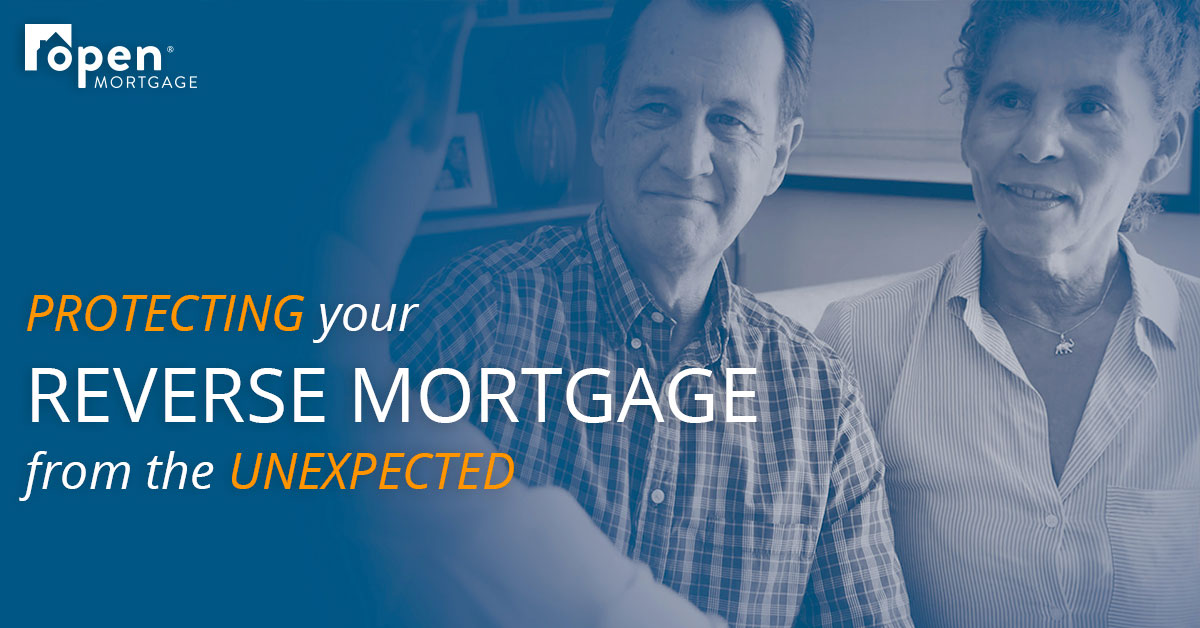
Protecting Your Reverse Mortgage from the Unexpected

The coronavirus has tested the financial stability of many; that’s especially the case for those preparing for—or currently navigating—retirement. If you have a reverse mortgage, or you’re considering one, this video is for you.
Here are some of the topics our CEO and founder, Scott Gordon, discusses:
- How reverse mortgages might act as a financial safety net
- Which financial responsibilities you still have under a reverse mortgage
- Who you might contact if you’ve been financially affected by COVID-19 and can’t make a property tax or homeowner’s insurance payment
Things to know about Reverse Mortgages:
- At the conclusion of a reverse mortgage, the borrower must repay the loan and may have to sell the home or repay the loan from other proceeds
- Charges will be assessed with the loan, including an origination fee, closing costs, mortgage insurance premiums and servicing fees
- The loan balance grows over time and interest is charged on the outstanding balance
- The borrower remains responsible for property taxes, hazard insurance, and home maintenance, and failure to pay these amounts may result in the loss of the home
- Interest on a reverse mortgage is not tax-deductible until the borrower makes partial or full re-payment
 Search
Search




